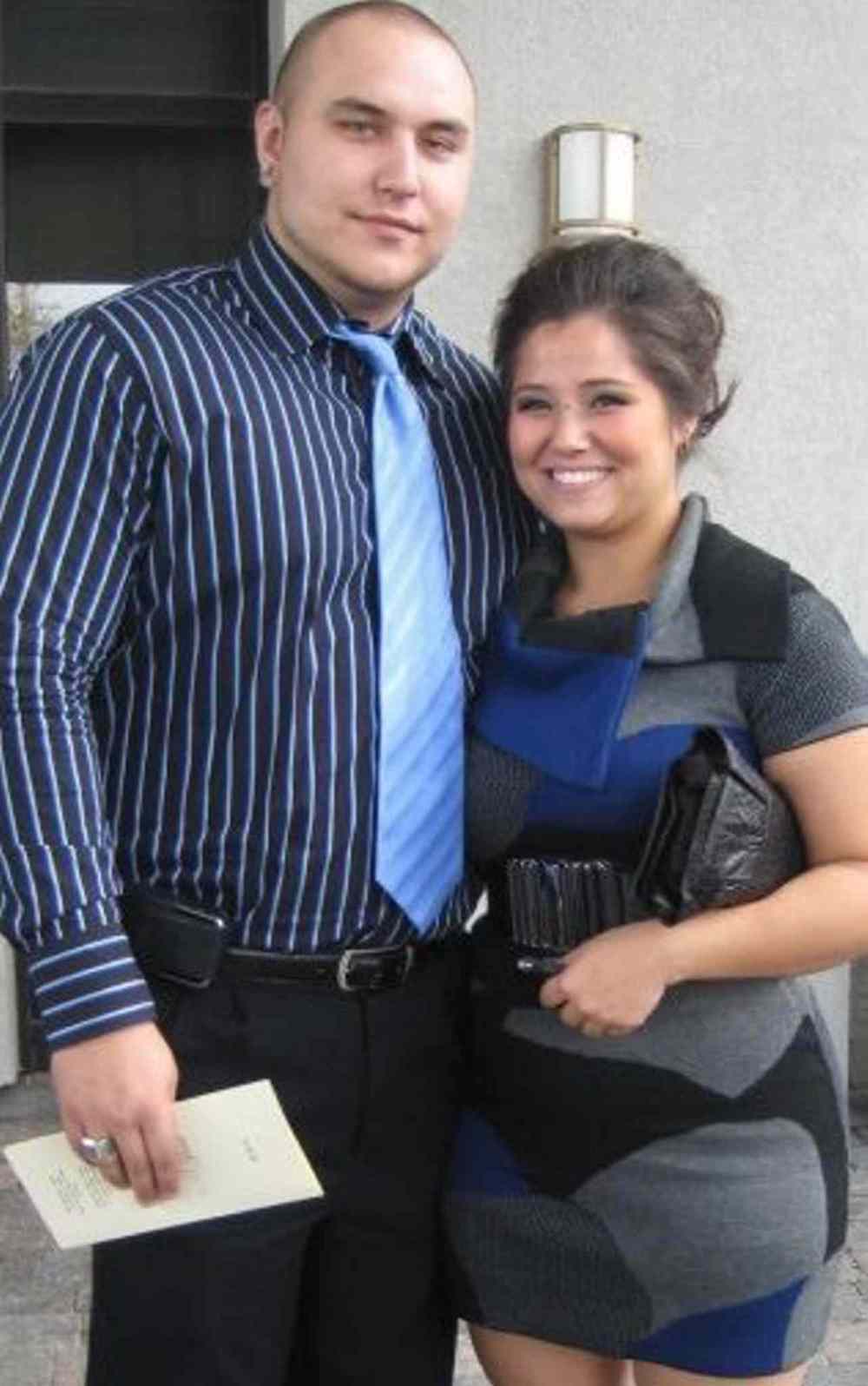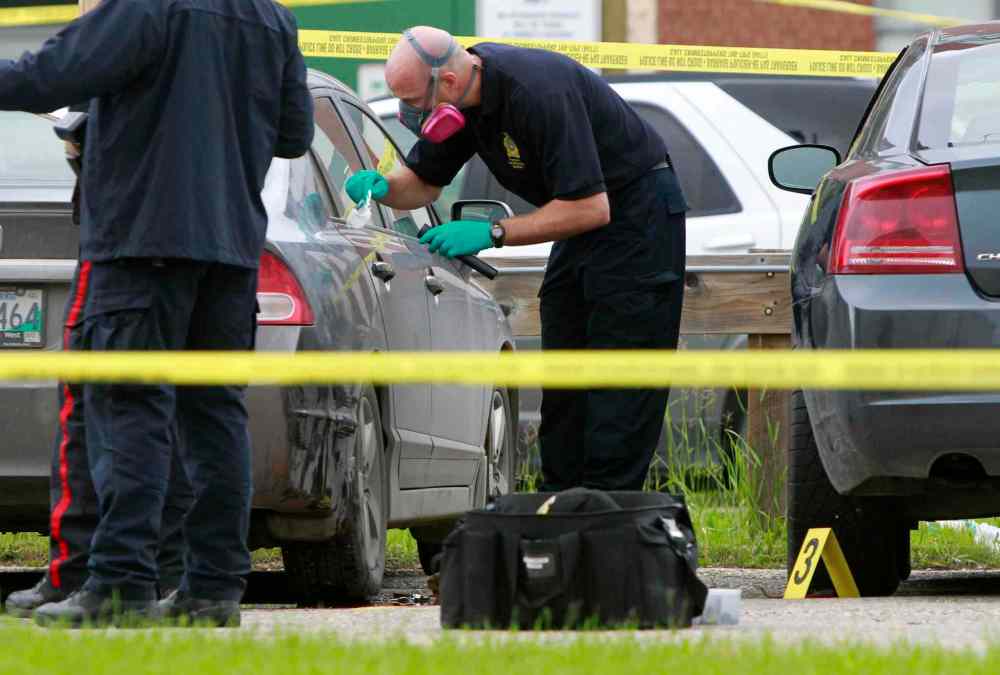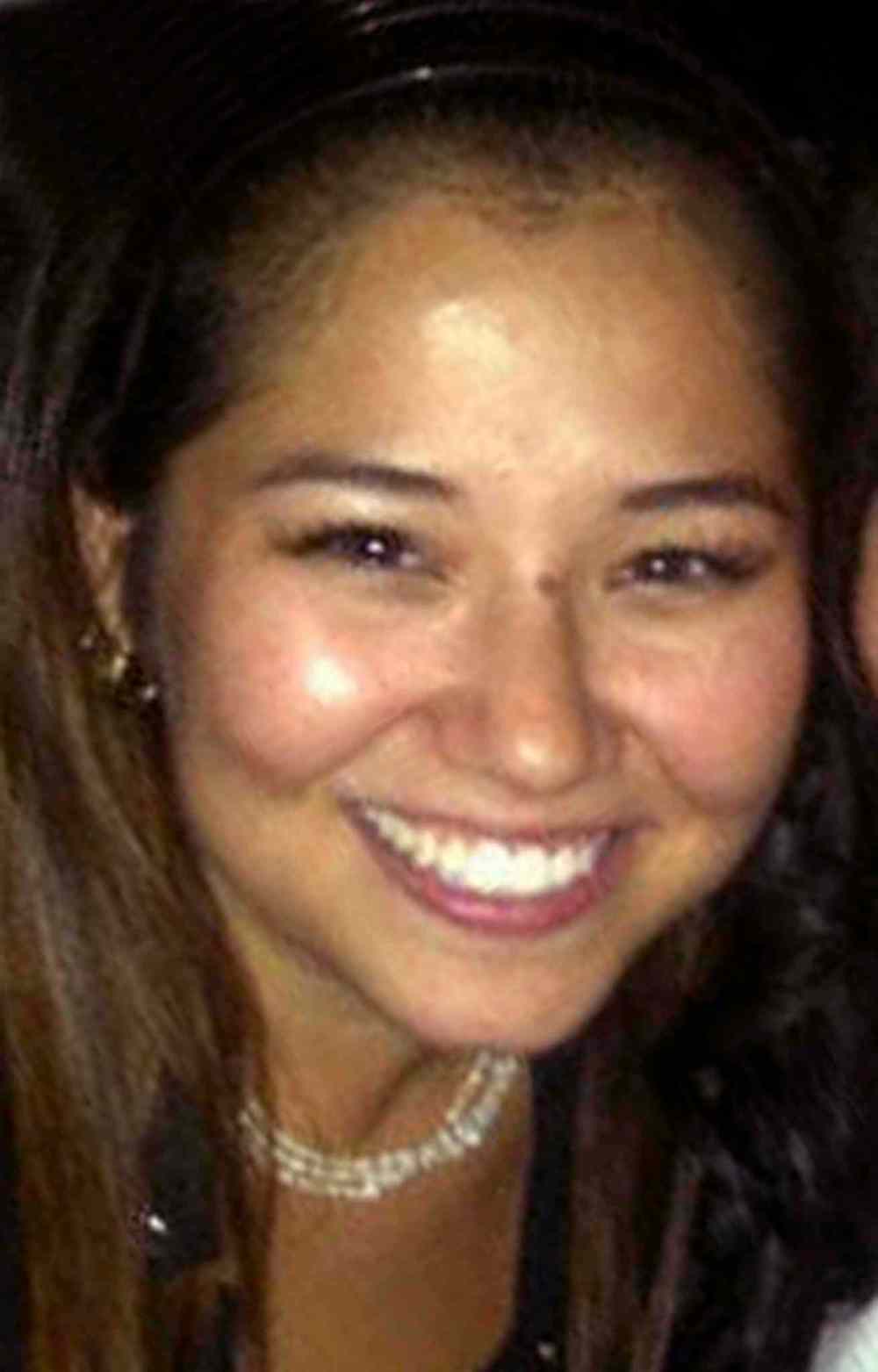A lower burden of proof
Family hopes civil court can achieve what criminal court didn't -- justice in Kaila Tran's death
Advertisement
Read this article for free:
or
Already have an account? Log in here »
To continue reading, please subscribe:
Monthly Digital Subscription
$1 per week for 24 weeks*
- Enjoy unlimited reading on winnipegfreepress.com
- Read the E-Edition, our digital replica newspaper
- Access News Break, our award-winning app
- Play interactive puzzles
*Billed as $4.00 plus GST every four weeks. After 24 weeks, price increases to the regular rate of $19.00 plus GST every four weeks. Offer available to new and qualified returning subscribers only. Cancel any time.
Monthly Digital Subscription
$4.75/week*
- Enjoy unlimited reading on winnipegfreepress.com
- Read the E-Edition, our digital replica newspaper
- Access News Break, our award-winning app
- Play interactive puzzles
*Billed as $19 plus GST every four weeks. Cancel any time.
To continue reading, please subscribe:
Add Free Press access to your Brandon Sun subscription for only an additional
$1 for the first 4 weeks*
*Your next subscription payment will increase by $1.00 and you will be charged $16.99 plus GST for four weeks. After four weeks, your payment will increase to $23.99 plus GST every four weeks.
Read unlimited articles for free today:
or
Already have an account? Log in here »
Hey there, time traveller!
This article was published 26/02/2016 (3515 days ago), so information in it may no longer be current.
They believe he got away with murder. But the family of a Winnipeg homicide victim hopes to still prove it in the form of a unique legal application that will put a high-profile case back into the spotlight.
Drake Moslenko, 30, walked out of court a free man in June 2014 when the Crown abruptly announced a stay of proceedings on a first-degree charge for the June 2012 parking lot slaying of his girlfriend, Kaila Tran.
The man Moslenko allegedly hired to carry out the deadly attack, Treyvonne Willis, was found guilty of first-degree murder last year and given an automatic life sentence with no chance of parole for at least 25 years. He admitted to ambushing and repeatedly stabbing Tran, 27, in exchange for getting off the hook from an unpaid drug debt.
Moslenko hit a major milestone last summer when the one-year deadline for the Crown to re-instate the charge against him came and went. Moslenko has since cashed in on a $50,000 life insurance policy Tran had taken out, naming him a beneficiary. He is also seeking access to what he believes is his portion of a second policy in Tran’s name valued at $165,000. That application is remains tied up in the courts.
None of this is sitting well with Tran’s family. They’ve launched a new court battle, that in the form of a “wrongful death” lawsuit, seeks to have a civil court do what the criminal courts couldn’t and find Moslenko culpable, then order him to pay financial damages. They hope the different legal test — guilt on a “balance of probabilities” in civil court instead of criminal court’s “beyond a reasonable doubt” — will work in their favour.
It’s essentially the same path the notorious O.J. Simpson case took in the United States. ‘If the gloves don’t fit, you must acquit’ allowed O.J. to walk free after the eight-month criminal trial. But two years later, a civil court jury ordered Simpson to pay the families of Nicole Simpson and Ronald Goldman millions in punitive damages.
That type of road to justice is rare in Canada, said David Deutscher, a University of Manitoba law professor.
“It’s not unprecendented but it happens very rarely,” he said. “It’s common sense. How many times do you have a situation where charges are dropped or the person is acquitted in criminal court… and a subsequent civil suit is undertaken in order to take advantage of a lower burden of proof.
“The classic case, of course, is O.J. Simpson.”
For a civil case, the burden of proof is simply guilt is “more probable than not,” Deutscher said.
“There is significant evidence that Moslenko hired or otherwise coerced Willis to kill Kaila,” the victim’s sister, Tiffany Tran said in an affidavit recently filed in Court of Queen’s Bench. “Moslenko is the lynch pin in the murder plot. There is no other connection between Willis and Kaila. Without Moslenko, Kaila would not have been stabbed to death 21 times.”

The family claims the lead homicide detective assured family members the charge against Moslenko would be re-instated after it collapsed at the preliminary hearing.
“I am informed by Det.-Sgt. (Miles) Riddell and I verily believe that the City of Winnipeg police believe that Moslenko had Willis kill Kaila so he could recover the insurance proceeds under the two policies,” the affidavit states.
Moslenko is attempting to have this lawsuit dismissed immediately on the grounds it wasn’t filed within the appropriate time frame of two years from the date of offence. Tran’s family takes the position it is based on new information, which only recently surfaced. A hearing on this issue is set for March 8.
One of the key points of the lawsuit is a claim that police and the Crown have a videotaped statement from Willis in which they say he directly implicates Moslenko in the killing. The taped statement was never used against him in court. The family claims police also obtained text messages between the two men, shortly after the killing, which were also kept out of the case.
“I do not understand why the Crown elected not to use that evidence at trial,” Tiffany Tran wrote. “(Crown attorney Daniel) Chaput advised me, and I verily believe, that in the second statement Willis told police that Moslenko hired him to kill Kaila. I am further advised by Mr. Chaput and I verily believe that the Crown has elected not to rely on this statement at this time.”
Moslenko’s name came up several times during the trial against Willis. Police repeatedly tried to get him to implicate Moslenko during a lengthy videotaped interrogation that was shown to jurors. But he refused to budge, insisting he and his family would be in danger if he started “dropping names.”
Police suggested Moslenko arranged the hit. Willis denied that. He also said he was never told why Tran had to be killed.

“I just knew she had to be dealt with, and that was it,” Willis told police. “I deal with some bad people. I had to do what I felt necessary at the time.”
During the Willis trial, the Crown’s key witness pointed an accusatory finger in Moslenko’s direction. Tremaine Sam-Kelly told court Moslenko knew about the murder plot against Tran, who was going to be targeted because she was a “snitch” against her boyfriend. He said Willis was offered a way out of a massive drug debt if he carried out the killing — although Sam-Kelly didn’t say who made the offer to Willis.
“(Willis) said he didn’t have any options. He decided to do a favour for somebody else. He said ‘I gotta rub somebody out in order to get paid,’ ” Sam-Kelly testified. “(Willis) said if we get rid of her, he can give me the money. The boyfriend.” He said the plan involved stealing items such as Tran’s bank cards and even her car, which Moslenko would ultimately use to give money to Willis against his debts.
In their civil court affidavit, Tran’s family said testimony from Sam-Kelly can only lead to one conclusion.
“At no time during the Willis trial did either the Crown or the defence ask Sam-Kelly who ‘the boyfriend’ was. Kaila’s boyfriend at the time she was murdered was Moslenko. She was not dating anyone else. She had been in a relationship with Moslenko for approximately four years. Everyone in their respective social circles knew that Kaila’s boyfriend was Drake Moslenko,” the family says.
As well, the family said Tran had recently discovered Moslenko was cheating on her and planned on ending her relationship, and possibly moving west to Alberta, in the days before she was killed.
Witnesses reported seeing Moslenko at the scene following the attack on Tran, sobbing and holding her hand as she lay on the ground bleeding to death. Some described his conduct as “dramatized” and seemingly scripted.
Transcripts of the preliminary hearing show there was never direct proof or physical evidence Moslenko was involved in a plot to kill Tran. The Crown’s case against him crumbled when it lost a crucial legal ruling near the conclusion of the pre-trial hearing.
Judge Michel Chartier rejected the Crown’s arguments that would have seen hearsay admitted into evidence against Moslenko. Prosecutors alleged the hearsay comments implicated him in a “common design” to kill Tran, when combined with circumstantial evidence.
This involved statements made by Willis about Moslenko to Sam-Kelly, who wasn’t being charged but was considered by the Crown to be an “unindicted co-conspirator” in Tran’s killing. Those alleged comments were considered presumptively inadmissible hearsay in law because they involved what Moslenko was suspected of having said to Willis when Sam-Kelly was not present.
Sam-Kelly told police he was present at the scene of the killing to give Willis “emotional support.” But anything Sam-Kelly had to say allegedly implicating Moslenko was barred from evidence.
Willis is now appealing his conviction, claiming his trial was unfair based on several rulings by the judge including whether his videotaped confession was voluntary. A hearing date has yet to be set.
mike.mcintyre@freepress.mb.ca

Mike McIntyre is a sports reporter whose primary role is covering the Winnipeg Jets. After graduating from the Creative Communications program at Red River College in 1995, he spent two years gaining experience at the Winnipeg Sun before joining the Free Press in 1997, where he served on the crime and justice beat until 2016. Read more about Mike.
Every piece of reporting Mike produces is reviewed by an editing team before it is posted online or published in print — part of the Free Press‘s tradition, since 1872, of producing reliable independent journalism. Read more about Free Press’s history and mandate, and learn how our newsroom operates.
Our newsroom depends on a growing audience of readers to power our journalism. If you are not a paid reader, please consider becoming a subscriber.
Our newsroom depends on its audience of readers to power our journalism. Thank you for your support.




